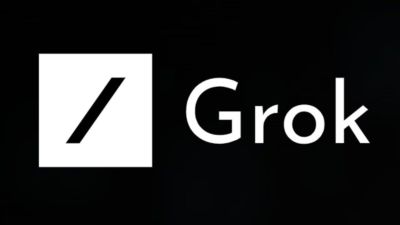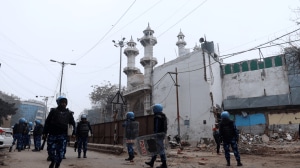WBs increased capital base could up India lending by 3 bn
Come spring and the one of the worlds largest multilateral institution,the World Bank,may see an increase in its capital base....
Come spring and the one of the worlds largest multilateral institution,the World Bank,may see an increase in its capital base,possibly benefiting India with an additional 3 billion lending per year under the International Bank for Reconstruction and Development IBRD loan. Addressing a press conference in Delhi today,World Bank president Robert Zoellick said he hoped that the capital base of the bank would be increased by April 2010,a demand that was made by most major economies,including India,at the G-20 summit in Pittsburgh earlier this year.
We are also hopeful that the proposed voice reforms would go through with the stake of the developing world going up from the current 44 per cent to 47 per cent by next spring. This,however,would only be a step towards getting the developing world to have a greater say in the Bank, Zoellick,said here on Friday. The objective is to take the share of the developing and the developed world in the Bank to a 50:50 ratio in the long term. As part of the voice reform process,Zoellick said that the Bank was also reforming from within by giving appointments to more people from the developing world and employing more women.
Zoellick said the Bank was trying to shift focus from individual projects to consolidated projects with a focus on infrastructure. This would entail investing in national highways,rural roads,water resources,education especially of girls and nutrition and agriculture,that are part of the Prime Ministers vision and priority, he said. Since bank resources alone may not suffice,the plan is to leverage funding from other resources as well.
To begin with,the World Bank would provide a loan of 1 billion for the development of national highways,which would include capacity addition and technology transfer. We want to participate in establishing a corruption-free system of bidding in the country,which ensures competition, he added. The bank is also looking at providing support to the railways sector for the eastern freight corridor in a manner that long term needs over a span of 10-15 years are taken care of.
Talking about the spurt in food prices across the globe,Zoellick said that the Bank was planning to raise rapid financing facility for quick intervention in food from 1.2 billion to 2 billion. The Bank has committed to provide funds worth 22 billion over the next two years and including the current fiscal. Another 3.5 billion will be invested by the International Finance Corporation in private businesses keeping in mind clean technology. Support would be provided to companies that are smaller in size and have the possibility to have a greater impact on the rural population of the government.
On climate change and the coming Copenhagen meet the president said that it was time that the developed world provided more resources to developing countries for clean technologies. The discussions should come out of the drawing room into the realm of practice,he said summing up.
- 01
- 02
- 03
- 04
- 05































